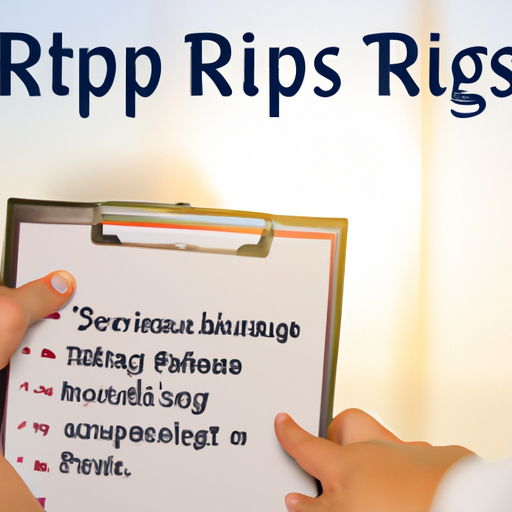
Building Rapport with Guests: Tips and Best Practices
As a science educator with a PhD, I have encountered thousands of guests over the years. From school children to adults, I have learned that building rapport with your guests is crucial to creating a positive experience. Here, we will discuss some tips and best practices to help you connect with your guests and make their visit unforgettable.
Tip 1: Smile
It seems obvious, but a genuine smile can go a long way in making your guests feel welcome. A smile can help alleviate any nerves your guest may have and set a positive tone for the rest of the interaction. Remember that body language is just as important as what you say, so be sure to let your smile reach your eyes.
Tip 2: Be Approachable
Your body language also plays a role in how approachable you appear to your guests. Stand with your shoulders relaxed and your arms uncrossed to appear open and welcoming. Don’t be afraid to initiate conversation – ask your guests about their day, where they are visiting from, or what they are hoping to see during their visit. This can help make your guests feel comfortable and encourage them to engage with you further.
Tip 3: Listen
When your guests are speaking, give them your full attention. Make eye contact and actively listen to what they are saying. Repeat back what they say to show that you are engaged and clarify any misunderstandings. Making your guests feel heard and understood will make them feel appreciated and valued.
Tip 4: Adapt to your Guests
Not every guest is the same, and being able to adapt to their needs and preferences is a valuable skill in building rapport. Take note of their body language and tone of voice to get a sense of their mood. Some guests may want a hands-on experience, while others may prefer a more spectator-based approach. Reading your guests and adjusting your approach accordingly can help create a more individualized and memorable experience.
Best Practices
In addition to these tips, there are some best practices that will help you consistently build strong rapport with your guests. These include:
- Using your guest’s name during your interactions with them to show them that you value them as an individual. It’s also a good memory trick for yourself!
- Being proactive in anticipating your guest’s needs. For example, if you see someone looking lost, offer directions or assistance before they have to ask.
- Being honest and upfront about any challenges or limitations they may face during their experience. This can help manage expectations and build trust.
Building rapport with your guests is a key component of a successful visit. With these tips and best practices, you can create meaningful connections with your guests and help make their experience unforgettable.






